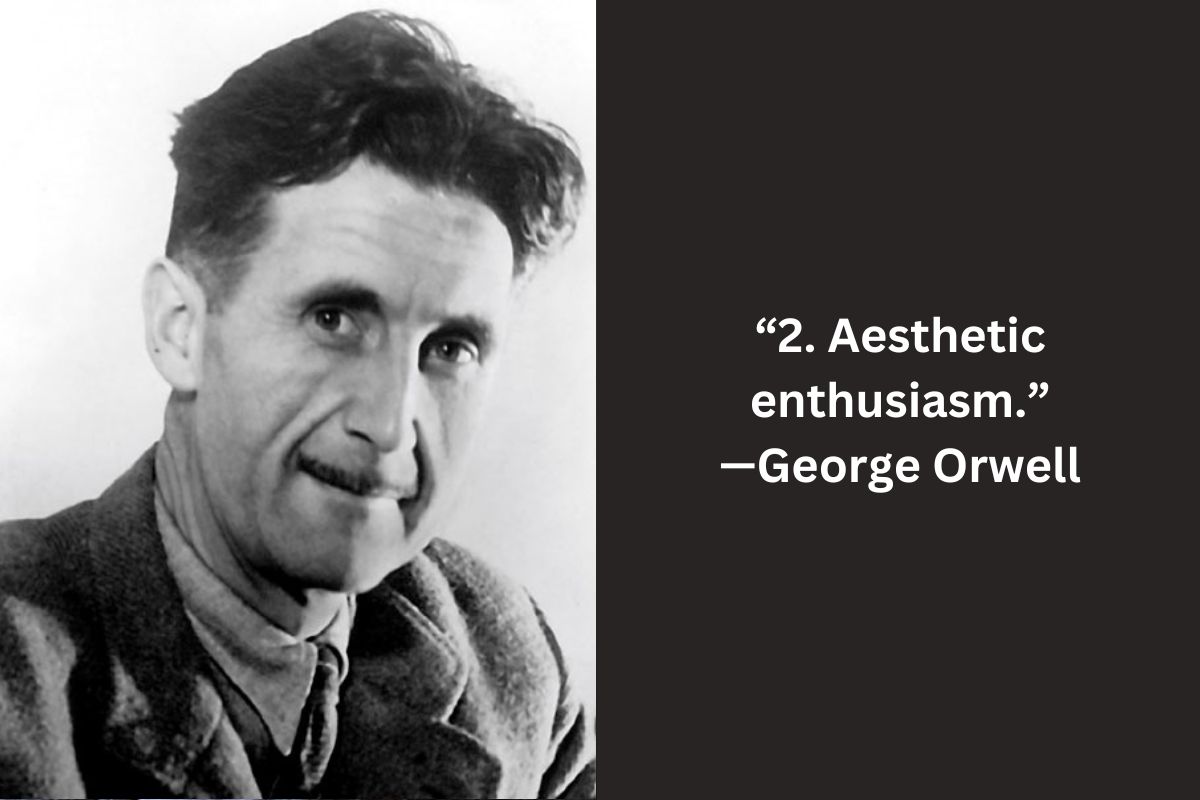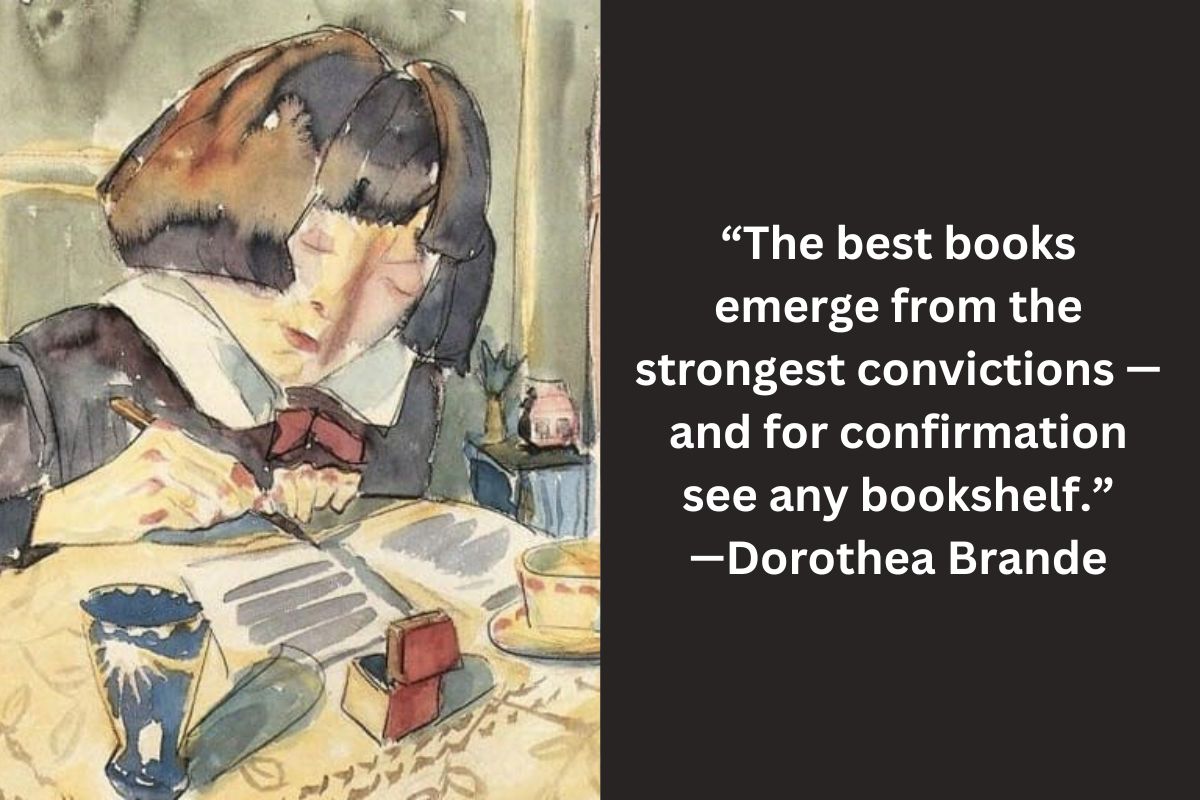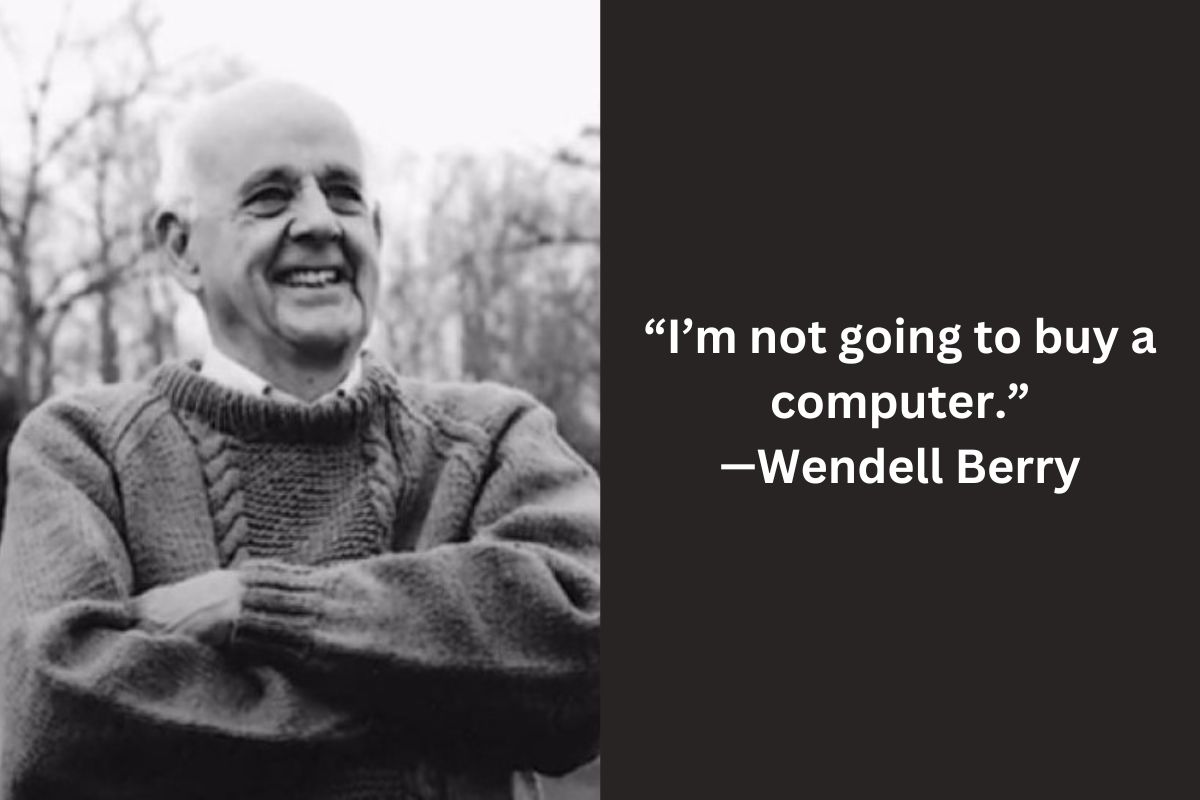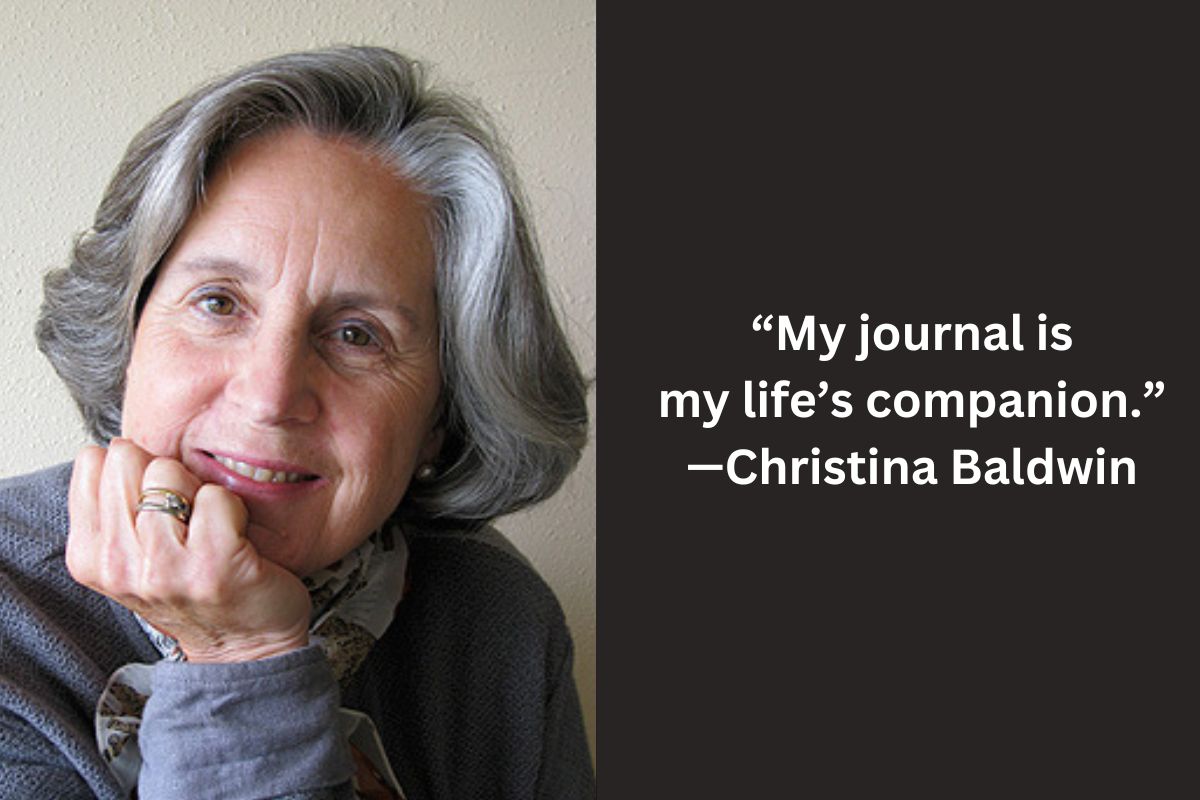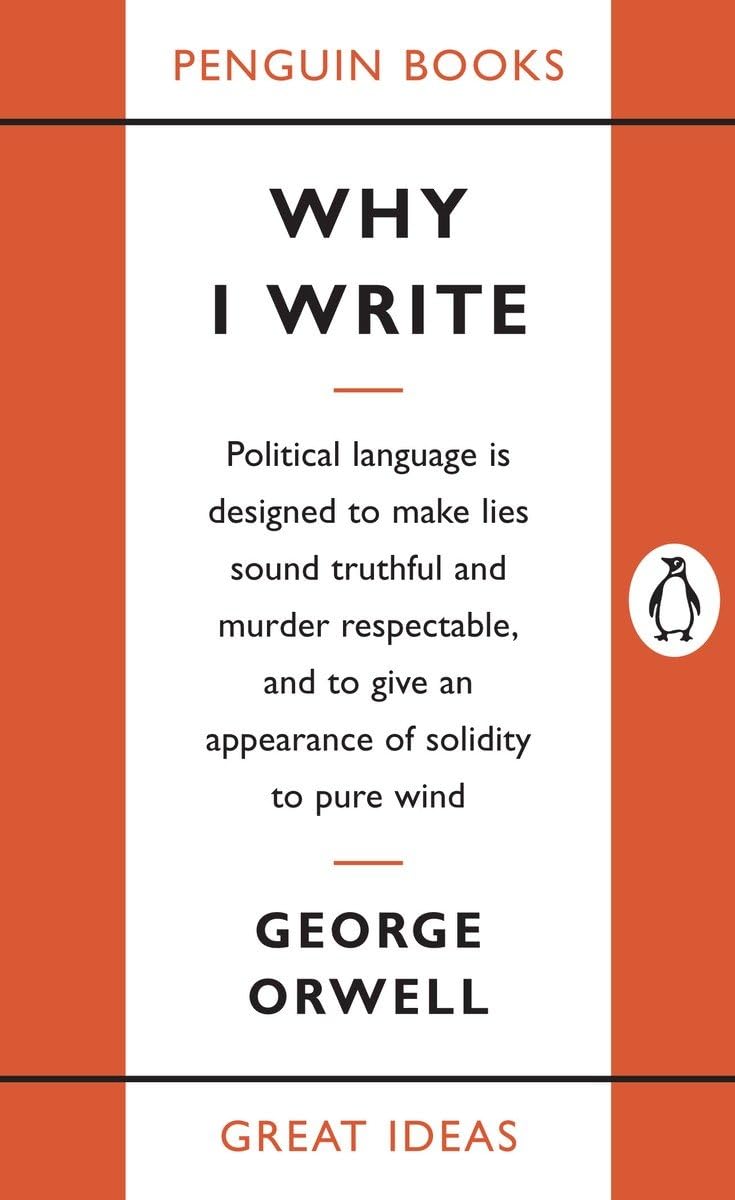 “Remove literary, grammatical and syntactical inhibition,” Jack Kerouac wrote in his 30 rules of writing. Following this advice, I usually proofread my articles after hitting the publish button — a counterintuitive approach that I use to overcome perfectionism and fear of judgment. Any wordsmith knows that a text needs some time to breathe so that its inconsistencies become more apparent when you look at them with fresh eyes. And this is what you should do if you want to be a good writer. But it doesn’t work for me. I’ve realized that The Elements of Style type of writing is what keeps me from reaching my full potential and prevents me from embracing the joy of being wrong — a vital part of my spiritual practice as a writer and meditator. Still, it’s not the only reason why I write. George Orwell‘s (June 25, 1903–January 21 1950) excellent essay titled “Why I Write” outlines the “four great motives” that, for the most part, align with my own, and this is what I’m sharing with you today.
“Remove literary, grammatical and syntactical inhibition,” Jack Kerouac wrote in his 30 rules of writing. Following this advice, I usually proofread my articles after hitting the publish button — a counterintuitive approach that I use to overcome perfectionism and fear of judgment. Any wordsmith knows that a text needs some time to breathe so that its inconsistencies become more apparent when you look at them with fresh eyes. And this is what you should do if you want to be a good writer. But it doesn’t work for me. I’ve realized that The Elements of Style type of writing is what keeps me from reaching my full potential and prevents me from embracing the joy of being wrong — a vital part of my spiritual practice as a writer and meditator. Still, it’s not the only reason why I write. George Orwell‘s (June 25, 1903–January 21 1950) excellent essay titled “Why I Write” outlines the “four great motives” that, for the most part, align with my own, and this is what I’m sharing with you today.
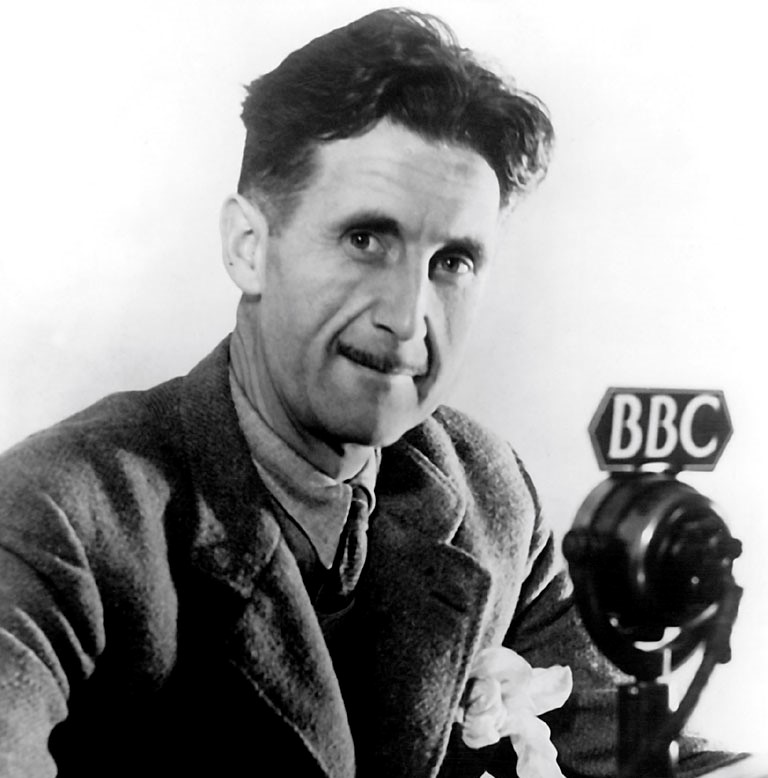
George Orwell writes:
1. Sheer egoism. Desire to seem clever, to be talked about, to be remembered after death, to get your own back on grown-ups who snubbed you in childhood, etc. etc. It is humbling to pretend that this is not a motive, and a strong one. Writers share this characteristic with scientists, artists, politicians, lawyers, soldiers, successful businessmen — in short, with the whole top crust of humanity. The great mass of human beings are not acutely selfish. After the age of about thirty they abandon individual ambition — in many cases, indeed, they almost abandon the sense of being individuals at all — and live chiefly for others, or are simply smothered under drudgery. But there is also the minority of gifted, wilful people who are determined to live their own lives to the end, and writers belong in this class. Serious writers, I should say, are on the whole more vain and self-centered than journalists, though less interested in money.
2. Aesthetic enthusiasm. Perception of beauty in the external world, or, on the other hand, in words and their right arrangement. Pleasure in the impact of one sound on another, in the firmness of good prose or the rhythm of a good story. Desire to share an experience which one feels is valuable and ought not to be missed. The aesthetic motive is very feeble in a lot of writers, but even a pamphleteer or a writer of textbooks will have pet words and phrases which appeal to him for non-utilitarian reasons; or he may feel strongly about typography, width of margins, etc. Above the level of a railway guide, no book is quite free from aesthetic considerations.
3. Historical impulse. Desire to see things as they are, to find out true facts and store them up for the use of posterity.
4. Political purpose — using the word ‘political’ in the widest possible sense. Desire to push the world in a certain direction, to alter other people’s idea of the kind of society that they should strive after. Once again, no book is genuinely free from political bias. The opinion that art should have nothing to do with politics is itself a political attitude.
Complement these four great motives from George Orwell’s “Why I Write” with Ray Bradbury on Zen in the art of writing and Dorothea Brande on becoming a writer.

I’m a freelance writer with 6 years of experience in SEO blogging and article publishing. I currently run two websites: MindfulSpot.com and OurReadingLife.com. While you’re here, get the latest updates by subscribing to my newsletter.

